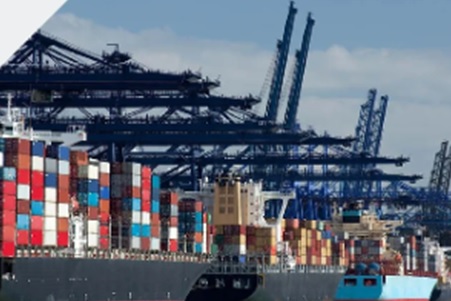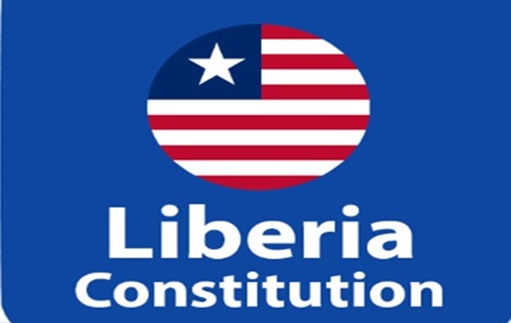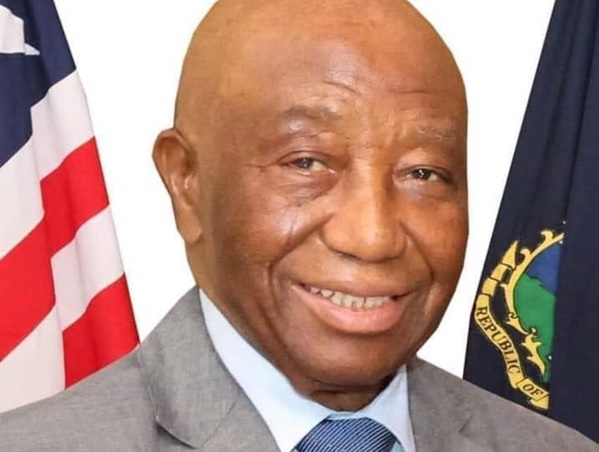“Reducing the high poverty rate in the Country”
By Boniface D. Satu, MBA, MS
HLB Liberia LLC will focus its consultancy business on the private sector, offering solutions, training, and recommendations to assist the Liberian government and international partners in addressing the country’s rising poverty rate through job creation, small business development, and resource mobilization. The country’s high unemployment rate significantly contributes to its poverty rate. We do not have a thriving private-sector powered by Liberian entrepreneurship that contributes to the country’s tax revenue. Less than 1% of Liberians work for the Liberian government, while the remainder of the population, primarily in the informal sector, does not pay taxes but supports their families. Women are responsible for 80% of Liberian enterprises, yet face barriers to finance, capacity, and training.
According to a press release dated March 26, 2024, The World Bank has launched a new report titled “Liberia Poverty Assessment 2023 Report: Towards a More Inclusive Liberia.” According to the report, while three out of ten people in Monrovia live in poverty, the situation is far worse in rural areas, where eight out of ten people were impoverished in 2016. This substantial discrepancy between urban and rural communities presents a severe obstacle to Liberia’s poverty reduction efforts.
The release also highlighted, “Human capital investment is critical, focusing on improving education and healthcare. Evidence-based policymaking requires a comprehensive statistical system that collects data from multiple sectors. This realistic and inclusive approach intends to pave the way for Liberia’s long-term development in the face of global instability.”
The Private Sector Investment Program (PSIP) is a line item in the national budget use for government infrastructure investment projects. The investment activities should be gear towards creating job opportunities and stimulating the economy which is a critical engine of economic growth and poverty reduction. Liberia needs a dynamic private sector that is structured and supported by the government development programs. Liberia requires a private sector supported by the government that focuses on small company development, both formal and informal. Small company development should be a priority for attaining economic growth and poverty reduction. Less than 2% of the American population works for the federal government. In the United States, 32 million small enterprises (firms with fewer than 500 employees) employ 47 percent of the workforce. Small firms with fewer than 20 employees account for 89 percent of all US enterprises. Together, these businesses have enormous power to drive economic growth, especially by building wealth in local communities. The government’s tax collection will rise when the small business sector is strong and attracts formal and informal small enterprises.
The Liberia Revenue Authority should generate financial resources beyond traditional development assistance and other external flows critical to eradicating absolute poverty. A rise in budget revenue gives the government enough cash to fulfill its constitutional obligations to the people. There is a need for decentralization, which includes the recognition of economic corridors within counties, as well as the requisite institutions, resources, and revenue mobilization capabilities.
The expenditure side is equally, if not more, essential than the revenue. Citizens must understand what services they receive in exchange for their tax contributions. This approach requires governments to be transparent about program expenditures and invest in tax awareness and education campaigns—fostering visionary leadership to change mindsets and address other soft capacities. A significant component of successful domestic resource mobilization is practical, visionary, committed, and accountable leadership that sets the correct tone at the top.The HLB Liberia, LLC team has suggested strategies for the Liberian government and international partners’ officials to support the development of small enterprises that create jobs and increase tax income. These suggestions include:
- Improve access to finance for small enterprises, especially those that face severe hurdles. Several initiatives are required to strengthen, modernize, and expand the government’s efforts to assist small enterprises in accessing funding.
- Enhance technical assistance and capacity growth through training.
- Create a dedicated infrastructure for working with small and medium-sized firms, with appropriate regulatory control and monitoring.
- Develop a method for collecting and publishing statistics on small company loans and investments.
- Successful domestic resource mobilization is crucial for Liberia’s economic development and poverty reduction efforts. Investing in public tax training programs effectively improves tax compliance, increases tax administration capacity, and promotes trust between taxpayers and the government.
To summarize, alleviating poverty in Liberia requires a diverse approach involving the government, international partners, and the private sector. A path to economic growth and poverty alleviation can be paved by unleashing Liberian entrepreneurship potential, creating job opportunities, assisting small business development, and mobilizing revenue resources. The current World Bank report emphasizes the importance of investing in human capital, boosting education and healthcare, and strengthening statistical systems to support evidence-based policies. Liberia may achieve long-term economic growth and a brighter future for its residents by implementing measures to increase access to capital, give technical assistance, establish regulatory oversight, and engage in research and development. The budget’s revenue generation and expenditure sides must be efficiently managed, with open government, visionary leadership, and an emphasis on responsibility. Through these collaborative efforts, Liberia can strive for long-term prosperity and inclusive growth, eventually benefiting the country.
About the author:
Boniface D. Satu, MBA/MS, is the Chief Operating Officer of HLB Liberia, which provides consultancy, financial management, project management tax, and ethics training services. He is based in Monrovia.







